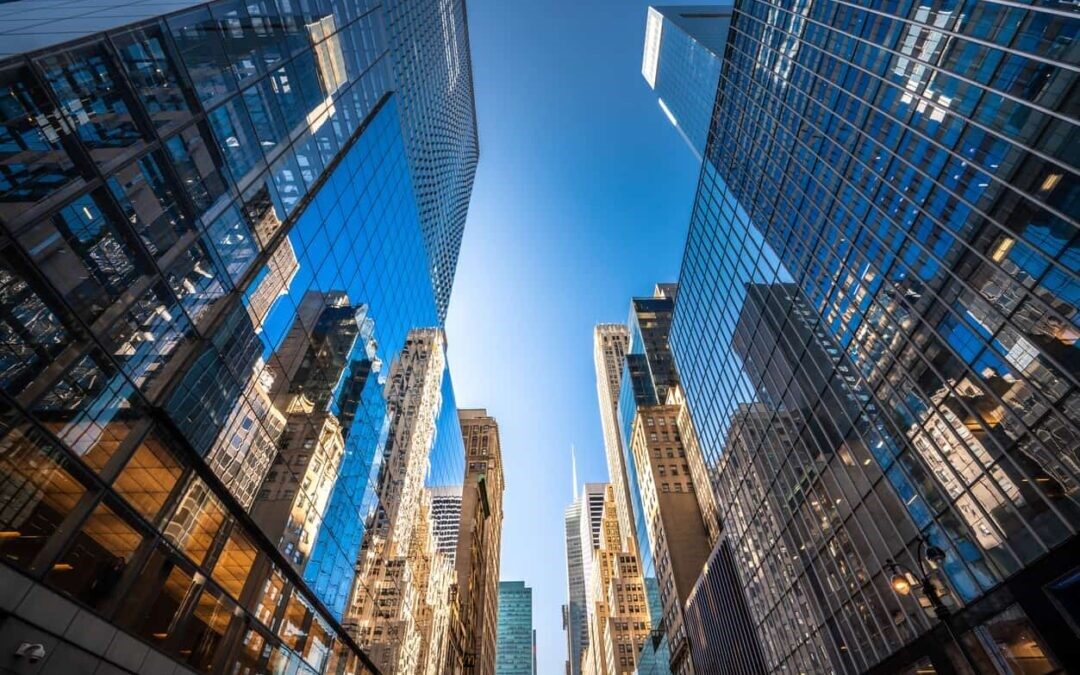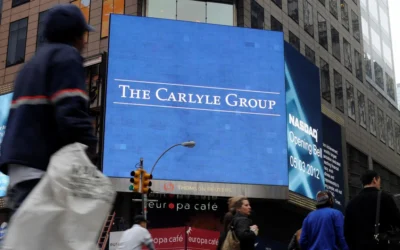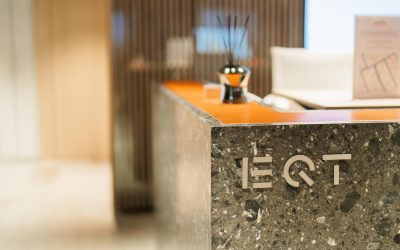Private-capital groups built up sharply different portfolios before and during the pandemic, putting billions of dollars to work. The reopening of the economy from the pandemic is setting up a contest between the most powerful investment firms on Wall Street.
Private-capital groups including Blackstone Group Inc., Apollo Global Management Inc. and Carlyle Group Inc. built up sharply different portfolios before and during the pandemic, putting billions of dollars to work even as the first wave of infections gathered pace last spring.
While the United States Federal Reserve’s injection of trillions of dollars of new money into the financial system lifted the value of almost all their bets last year, their fortunes may now take divergent paths.
Some hope to benefit further from a resumption of normal life, having invested in airlines, car rental companies and travel agencies that could earn large windfalls if newly vaccinated Americans rediscover wanderlust after months of isolation.
Others believe they have spotted lasting lifestyle changes inspired by the pandemic, the effects of which will be felt for years in health care, retail and beyond.
Apollo used its US$323-billion credit division to plow billions of dollars into the travel industry last year, throwing a lifeline to online travel agent Expedia Group Inc., helping Mexico’s national airline Aeroméxico look for a way out of bankruptcy, and providing financing for car rental company Hertz Corp. to buy 229,000 new cars.
“(Travel and leisure assets) were the things that were pressed the hardest, and as a result, valuations got impacted the most,” said Apollo co-president Scott Kleinman.
Apollo has structured some of its investments as debt instruments that rank ahead of shareholders yet do not require repayment according to a rigid schedule. It believes it is in line to profit from a recovery whenever it comes.
“There wasn’t a question about viability,” Kleinman said. “There was just a question about when. We did not need to predict whether it was going to be summer of 2021 or 2023. We bought good companies and helped them sustain themselves, and then whenever the economic recovery occurred, we would be successful.”
Other investors have staked their cash on spotting long-term changes accelerated by COVID-19 that they believe will reshape life for years to come.
“COVID has really been an accelerant for a lot of health-care trends that we had identified several years ago,” said Stephen Wise, who heads health-care investments at Carlyle, the US$260-billion investment firm.
In particular, Carlyle is helping to finance a transition to telemedicine, via companies such as One Medical, which provides doctor consultations and other medical services to employees at more than 8,000 companies and received investment from Carlyle in 2018. The company has been expanding ways for doctors to hold consultations via videoconference, mirroring the adoption in many workplaces of virtual meeting services such as Zoom.
“A trend that had already existed has accelerated with people’s inability to visit doctors’ offices during the height of COVID,” Wise said. “People have seen the convenience of that interaction.”
Wise also pointed to Ortho Clinical Diagnostics, which Carlyle spun out of U.S. drugmaker Johnson & Johnson in 2014. The company makes antibody tests for coronavirus, and expects to benefit from the testing that will still be necessary after the economy reopens.
Its shares have risen by nearly one-quarter since its stock market debut in January. Carlyle retains a large stake.
At Blackstone, the lockdown tested the survival prospects of some of its live entertainment assets, which include the Bellagio casino in Las Vegas, the Great Wolf Resorts chain of indoor water parks, and Legoland owner Merlin Entertainments Ltd., which also operates dozens of Madame Tussauds wax museums and Sea Life aquariums.
Source: Financial Post
Can’t stop reading? Read more
Carlyle and Goldman Sachs open private credit funds to Willow users with $10,000 minimum
Carlyle and Goldman Sachs open private credit funds to Willow users with $10,000 minimum Carlyle,...
EQT, PAI, and Stone Point shortlisted for €2bn takeover of Castik-backed Global Group
EQT, PAI, and Stone Point shortlisted for €2bn takeover of Castik-backed Global Group EQT, PAI...
CAIS Advisors unveils retail vehicle giving investors a stake in elite sports and media
CAIS Advisors unveils retail vehicle giving investors a stake in elite sports and media Eldridge...




